[smbtoolbar]
SeekFreaks, while we continue to celebrate the 40th anniversary of the Individuals with Disabilities Education Act (IDEA), Senator Chuck Schumer (NY) has called upon Congress to fully fund IDEA. Evidently, Amy Schumer is not the only member of the Schumer family with vision! Let us explore this fiscal aspect of IDEA and some opportunities to advocate for our students and Special Education programs across our nation.
The goal of IDEA was to employ federal funding to support state and local efforts to educate children with disabilities and to alleviate budget strains caused by special education responsibilities. It was never the intention of Congress to cover all the costs of a free, appropriate public education for children with disabilities. This is clear in the Education for All Handicapped Act (Nov. 29, 1975) as it states:
“The maximum amount of the grant to which a State is entitled…is equal to the number of handicapped children aged three through 21 in the State…multiplied by the applicable percentage of the average per pupil expenditure in public elementary and secondary schools in the United States for each fiscal year: (1) 1978 – 5 percent, (2) 1979 – 10 percent, (3) 1980 – 20 percent, (4) 1981 – 30 percent, and (5) 1982, and for each fiscal year after 1982, 40 percent.”
This never happened! IDEA funding has not hit the halfway mark of the set targets.
When IDEA was enacted, the federal government contribution to special education was targeted at 40% of the estimated cost of educating students with disabilities for 1982 and every subsequent year. The chart below shows that by covering just 16% of the cost of special education for students 3-21 years old, the allocation will miss the targeted 40% by $17.85 billion.
States and local school systems are mandated by IDEA to educate our children with disabilities. So, with Congress failing year after year for 40 years to meet its original commitment to fully fund the federal share of IDEA, states and local school systems must assume the shortfall. This leaves LEAs across the nation struggling to support special education programs.
Source: U.S. Department of Education; NCES Enrollment; NCES Expenditure
Another factor that complicates this funding picture is the fact that the population of students identified with disabilities has grown twice as quickly as the student population who do not require special education. The number of students with Individualized Education Plans (IEPs) have increased by 25% over the last 20 years. This increasing numbers of students identified as requiring special education seems to be the significant reason for the increasing funding needs reflected in the chart above, and not necessarily the rising cost of education.
Trying to Get IDEA Funded
Many legislators have introduced multiple bills to Congress to meet the original funding commitment. Each convinced of the dire need of our special education programs; however, none have gain sufficient traction to be enacted.
In 2014, Senator Tom Harkin (IA) proposed the IDEA Full Funding Act. This bill outlined a permanent income tax for those with an adjusted gross income greater than one million dollars per year to meet funding targets. This bill was unsuccessful.
Senator Chuck Schumer has renewed the call for the federal government to fully fund IDEA. He has declared that it is “critical that we work to close the gap” between current spending and full funding. “For far too long, federal funding for special educational services has fallen short by tens of billions of dollars,” Schumer said. “With millions of children living with autism and other developmental disabilities, it’s time to provide full federal funding towards the Individuals with Disabilities Education Act, which will help our nation’s children thrive and help countless families breathe easy knowing their kids have the services needed to succeed.”
For too long, our LEAs have scraped by. We should support and advocate for this effort to provide much-needed relief to the financial burden schools face by supplying the necessary dollars to ensure quality service provision. Full funding could help to raise salaries for teachers and related services personnel, thereby allowing districts to enhance retention and recruitment and support increasing graduation rates and successful postsecondary outcomes for students with disabilities. SeekFreaks, we know this all too well.
What can I do to support this important legislation, you say? So glad you asked.
-
Start with the APTA: Go to apta.org, click on the Advocacy tab, click on the Take Action tab and the Legislation Action Center to find your legislators’ contact information. Write a letter or email to your Senators and/or Representatives requesting s/he join Senator Schumer to support, sign on and work for guaranteed full funding of IDEA. Passion and brevity are paramount. Include your contact information and offer to answer any questions they may have. There are pre-written letters for other legislation you can use as a model (not one for this one as yet it is still making it’s way but let’s help it along!!). Bring your specific experience and examples into the letter, nothing like a real situation to make it clear how important this funding can be. For those of you who prefer to advocate using your mobile devices, APTA also has an Action App to help you advocate (see a snapshot of the app functionalities below).

-
Act on the National Level: Meet with your Senators and/or Representatives, explain the situation and convey the importance.
-
It is re-election time and your Congressperson is eager to represent his/her constituency. Many are in district offices or arranging meetings right now! Be willing to meet with a staff person.
-
Develop a brief ‘elevator speech’ 3 sentences to summarize your points. Mention the Guaranteed Full Funding of IDEA act.
-
Have something in writing to provide the staff, no more than 1 page
-
Invite the Congressperson to an event if possible (they may want a photo with some of our students?)
-
-
Act on the State Level: Meet and/or write to your district Senators and/or Representatives, explain the situation and convey the importance. Include your contact information and offer to answer any questions they may have. Sometimes you can get more responsive action from a legislator who is more ‘local’.
-
Go Even More Local: Send the letters to your local school Boards and Superintendents. Ensure they are informed!
-
Report Your Activities back to the APTA: Send copies of your letters to the Academy for Pediatric Physical Therapy’s Payment, Policy and Advocacy; you can find the contact information here. Report your meetings with legislators using the APTA’s Grassroots Activity Form. Let them know what you are up to. We can only be strong if we join together!
~~~~~~~~~~ 0 ~~~~~~~~~~
Public Law 94-142. The Education for All Handicapped Act (Nov. 29, 1975).
National Center for Education Statistics (2015). The Condition of Education: Children and Youth with Disabilities, 2013-14 School Year. Retrieved June 14, 2016 from: http://nces.ed.gov/programs/coe/indicator_cgg.asp
IDEA Full Funding Act (2014) http://www.help.senate.gov/imo/media/doc/IDEA%20Full%20Funding%20Act%202014%20-%20Bill%20Summary.pdf
https://www.disabilityscoop.com/2016/05/23/senator-calls-full-funding-idea/22343/ Shaun Heasley | May 23, 2016
https://www.cec.sped.org/~/media/Files/Policy/IDEA/FullFundingForIDEANewDesign.pdf
~~~~~~~~~~ 0 ~~~~~~~~~~
Readers of this article also read:
OTs, PTs & SLPs in Schools…How Did We Get Here?
10 Handy Academy of Pediatric Physical Therapy Fact Sheets
10 Handy American Speech-Language-Hearing Association Resources
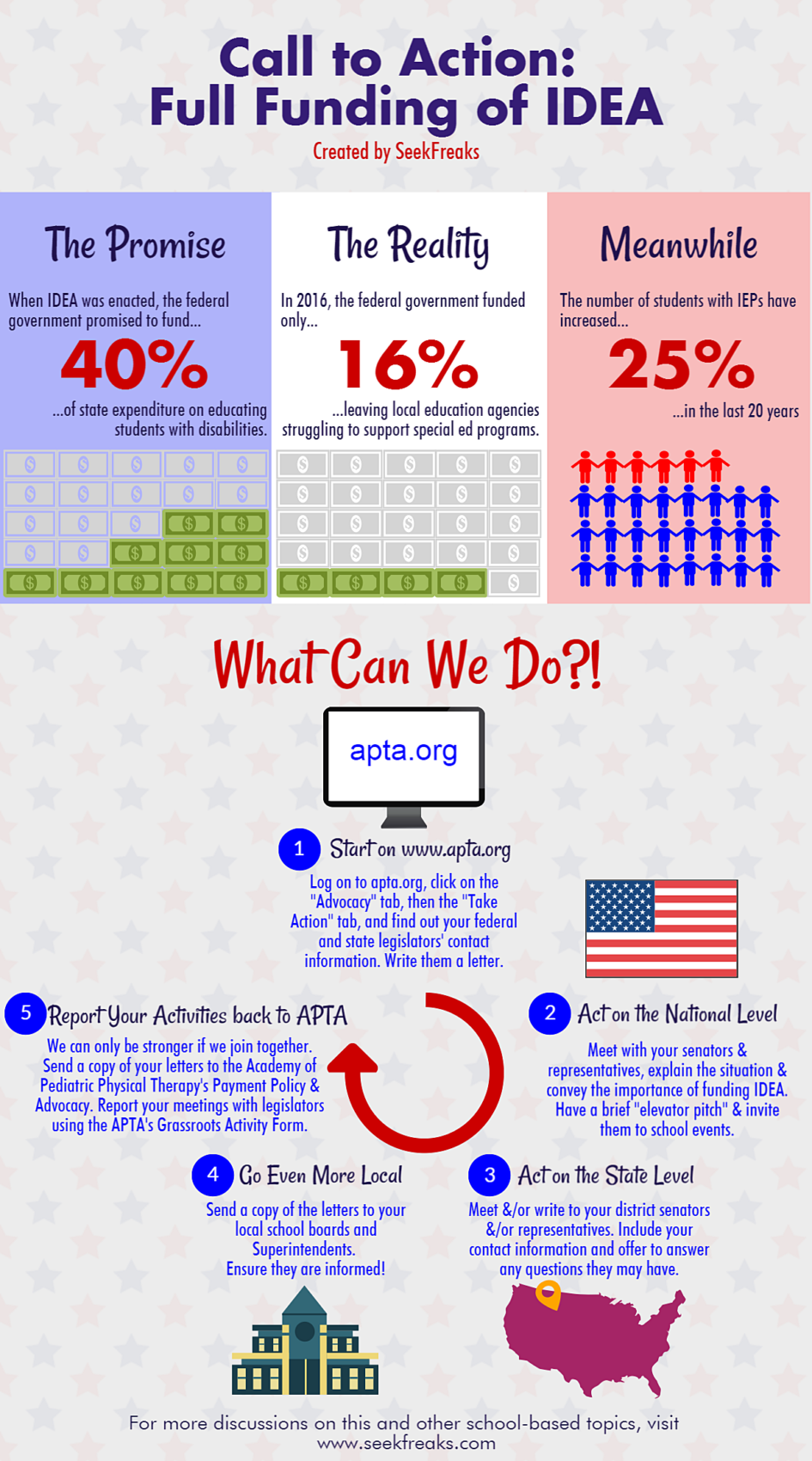
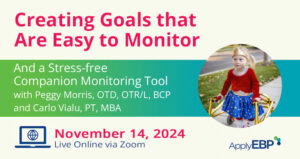


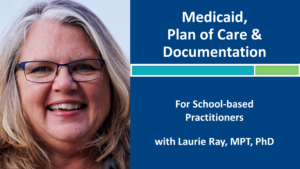
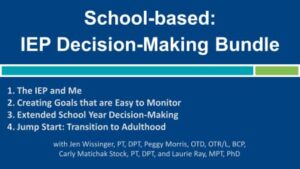
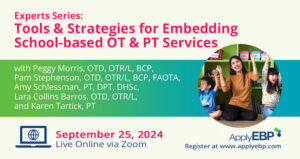

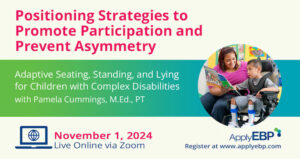



August 17, 2016 at 12:11 am
Is it too late to raise more awareness on this issue? I couldn’t find a timeline in any of the articles. Thanks.
August 20, 2016 at 3:20 pm
It is never too late for advocacy and raising awareness! While Senator Schumer’s initiative did not get anywhere, IDEA is being revised in committee. It is a good time to write all your Representatives and Senators to inform them about the critical nature of this funding, this investment in our future. Also, I would suggest you contact the lobbying arm of your professional association (PT-PAC for APTA). Federal level action is most effective in this case. Your insight to the issues and ability to offer examples for our Representatives and Senators can be a huge help. Follow the action steps in the post to reach out to your Representatives and Senators! So glad for your passion about fully funding IDEA, we need to do all we can!